Tag: neural networks
-
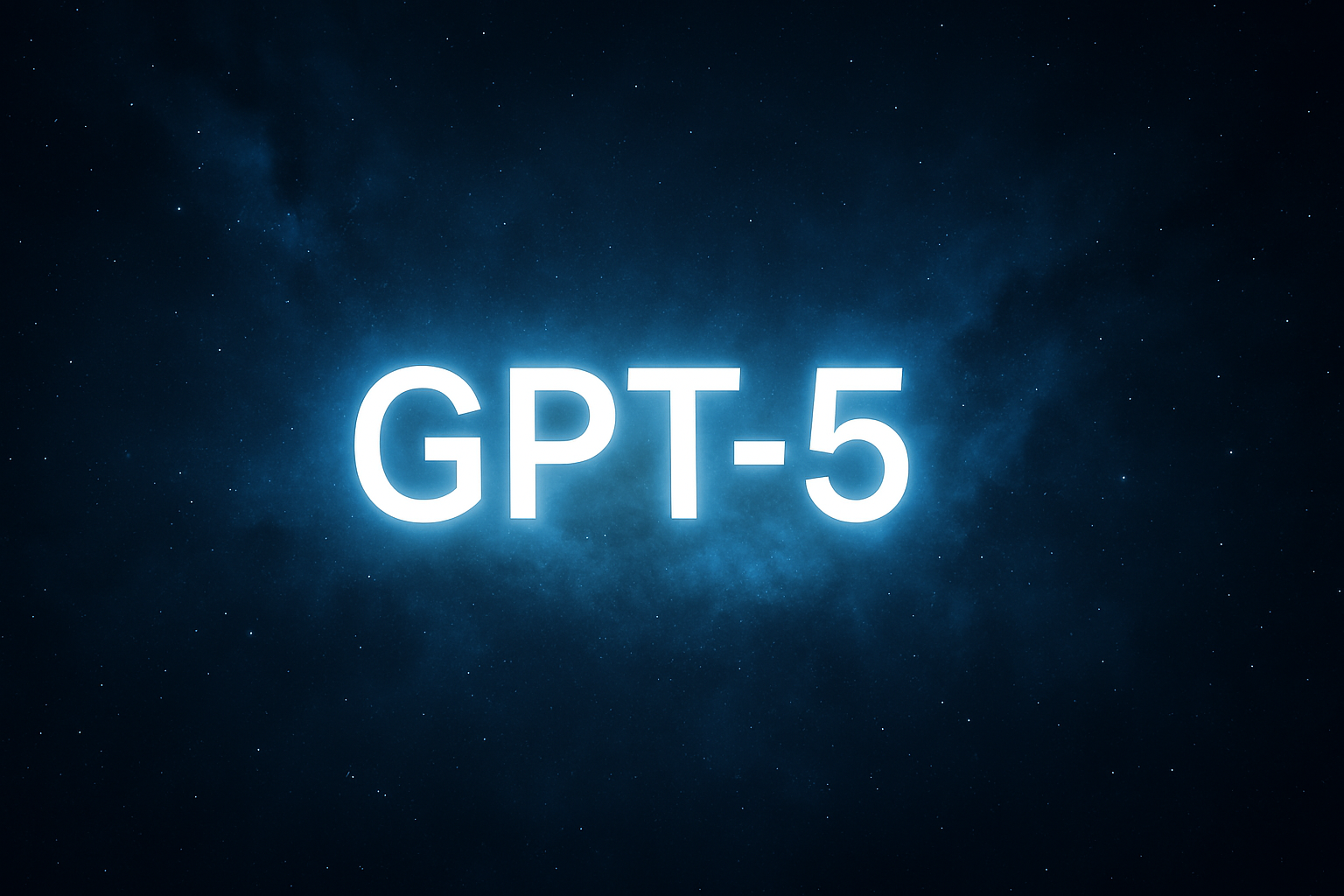
GPT-5: A New Milestone in AI and Robotics
OpenAI’s GPT-5 has arrived amid tremendous anticipation, promising to be the company’s “smartest, fastest, most useful model yet”. Unveiled on August 7, 2025, GPT-5 is described as a major step toward placing advanced intelligence at the center of modern computing. As the flagship successor to GPT-4, this model marks a “significant leap” in capabilities and…
-
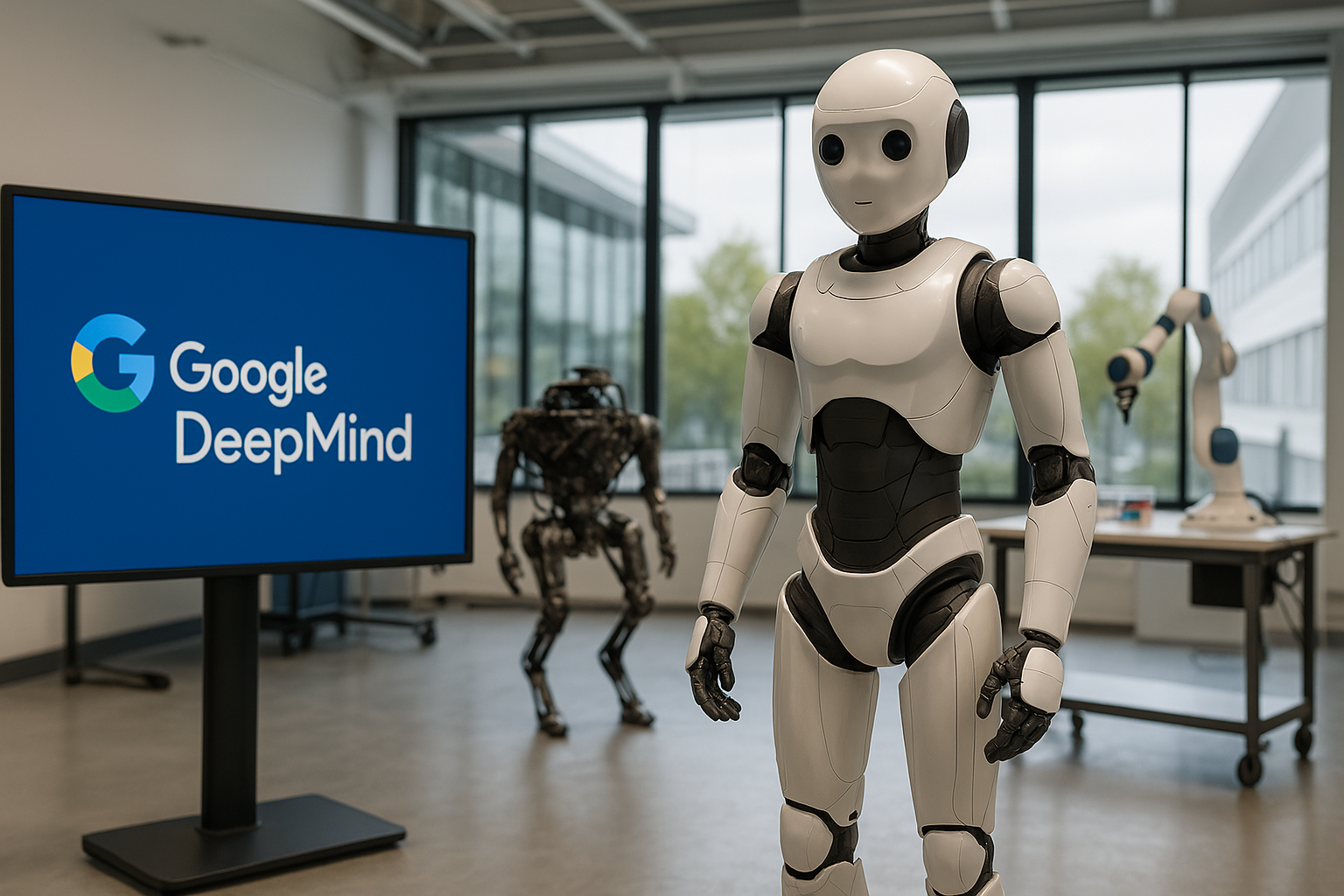
Google DeepMind: History, Breakthroughs, and Impact in AI and Robotics
Google DeepMind has emerged as one of the most influential organizations in artificial intelligence (AI) and robotics. From its early days as a startup in London to its current status as the consolidated AI research arm of Google, DeepMind’s journey is marked by groundbreaking achievements in game-playing AI, scientific discoveries like protein folding, advancements in…
-
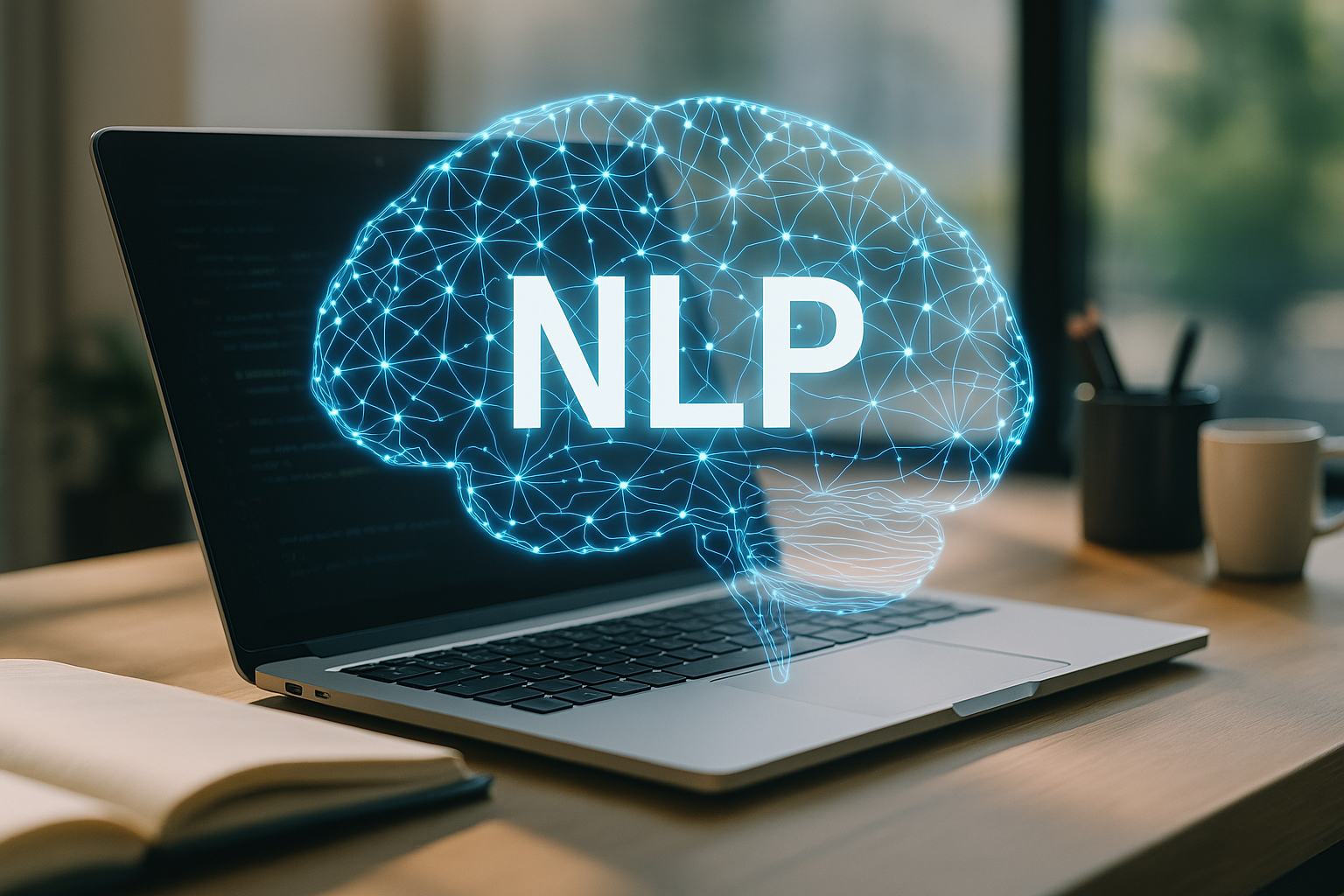
Natural Language Processing (NLP)
Definition of NLP Natural Language Processing (NLP) is a branch of artificial intelligence (AI) and computer science that focuses on the interaction between computers and human language. In simple terms, NLP enables machines to understand, interpret, process, and generate human (natural) languages, both text and speech, in a way that is useful and meaningful. Achieving…
-
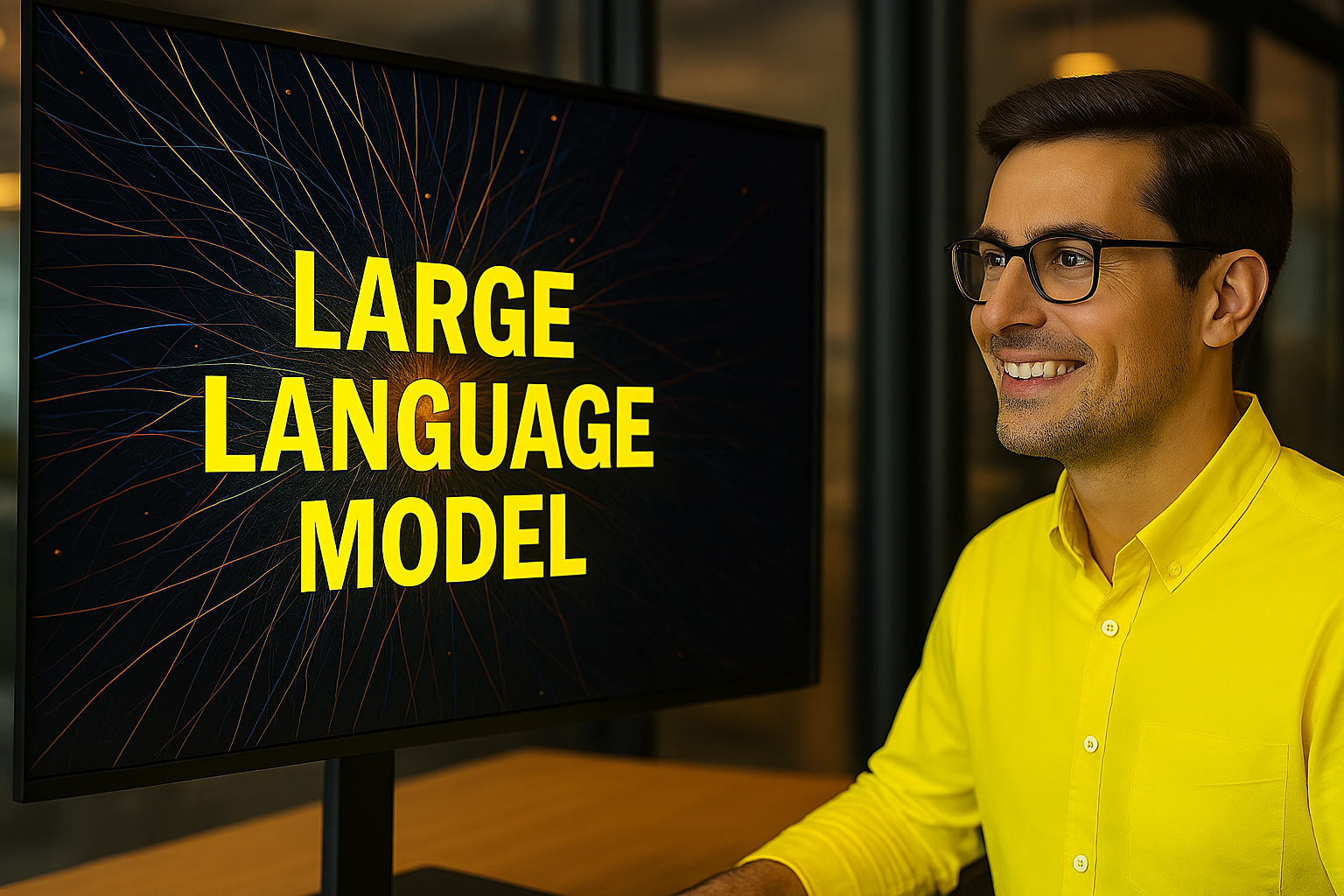
Large Language Model (LLM)
Large Language Models (LLMs) are advanced artificial intelligence systems designed to understand and generate human-like language. They belong to a class of foundation models – AI models trained on immense amounts of text data that give them broad capabilities across many tasks. Instead of being narrowly programmed for one purpose, an LLM learns from billions…
-
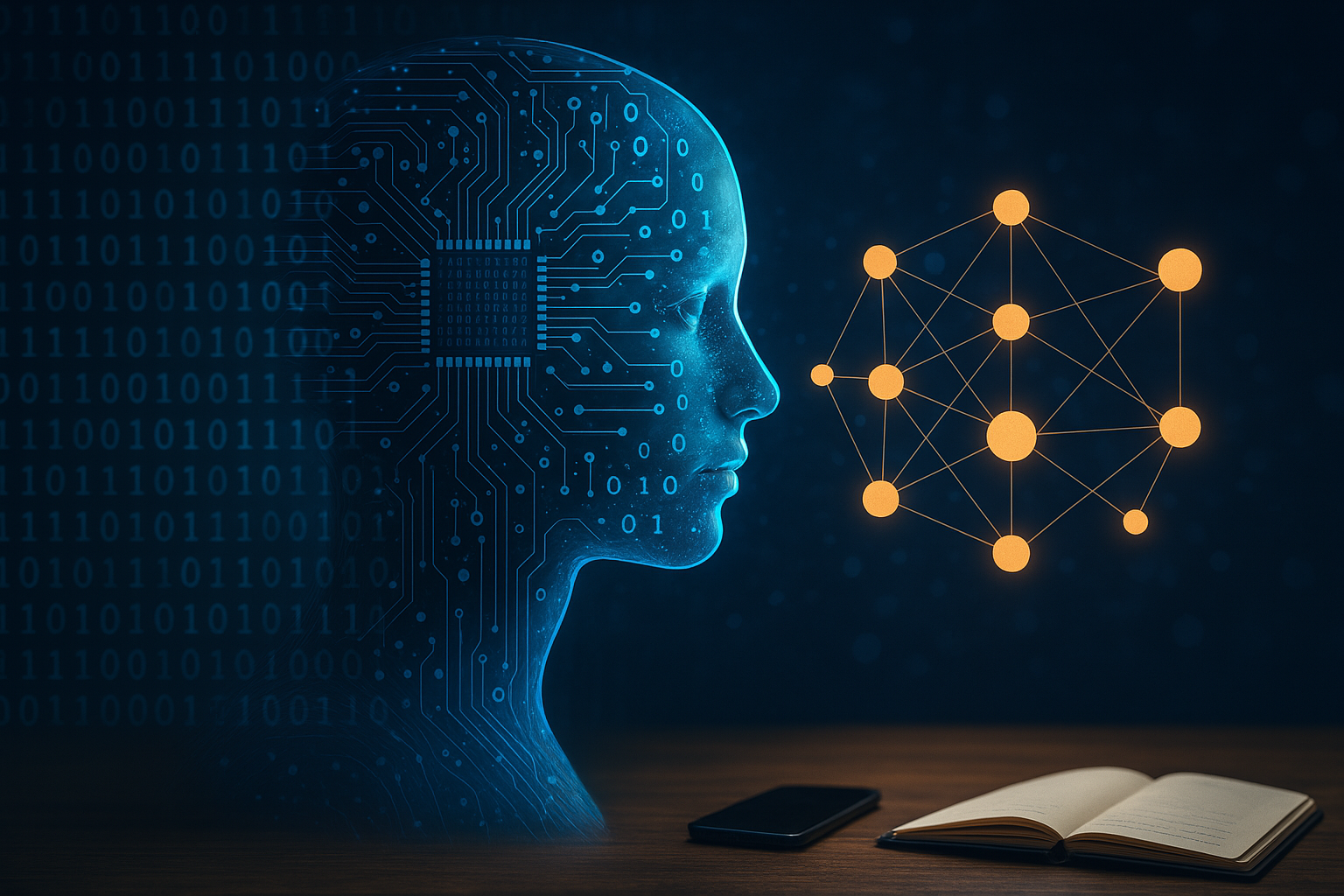
Machine Learning (ML)
Machine Learning (ML) is a subfield of artificial intelligence (AI) focused on developing algorithms that allow computers to learn from data and improve their performance over time without being explicitly programmed. In practical terms, a machine learning system automatically finds patterns in training data and uses those patterns to make predictions or decisions when given…
-
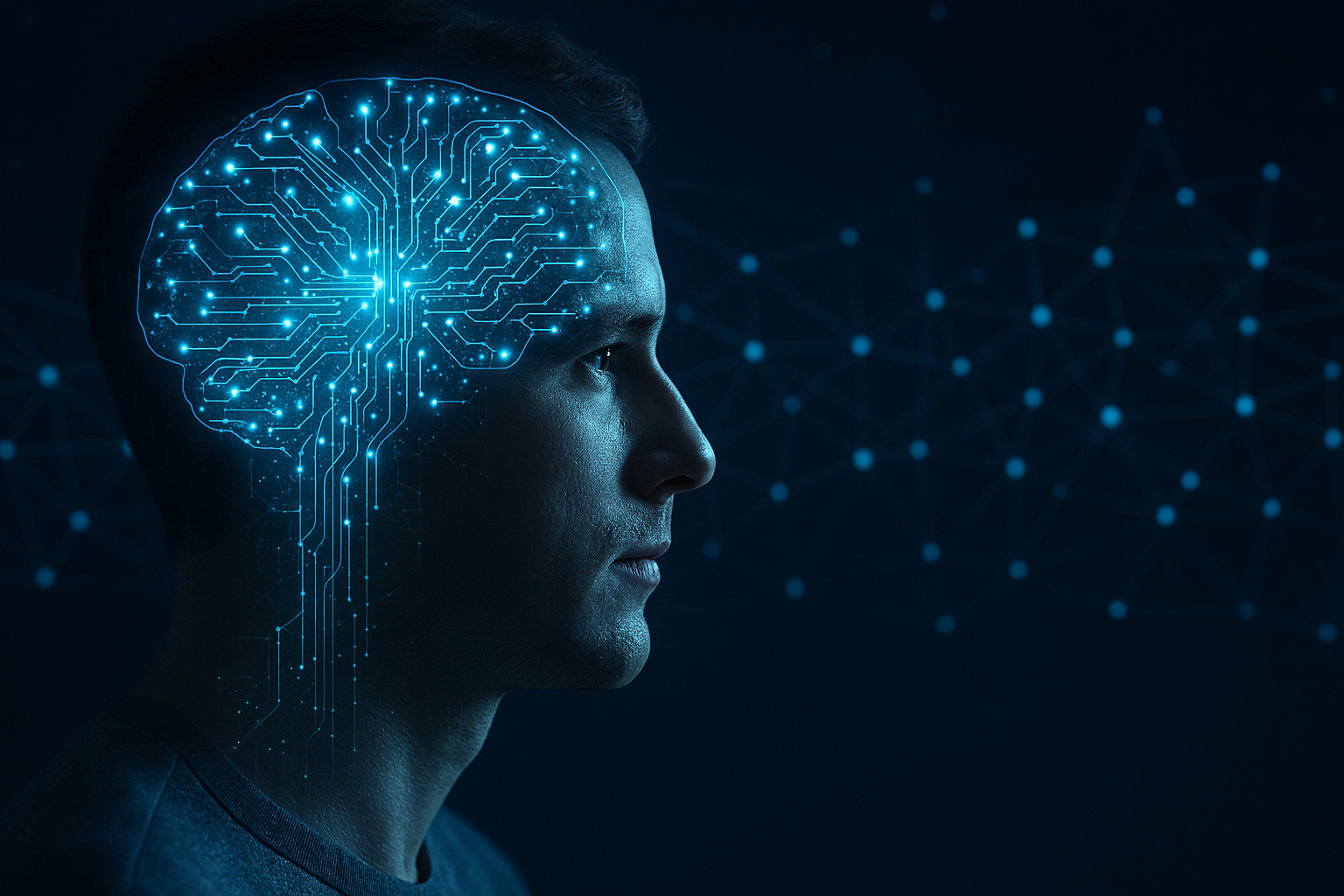
Deep Learning
Definition and Overview Deep Learning is a subfield of artificial intelligence and machine learning that focuses on using artificial neural networks with multiple layers (hence “deep”) to learn from large amounts of data. In simpler terms, it involves stacking many computational units (neurons) in layers so that a computer can automatically learn complex patterns and…
-
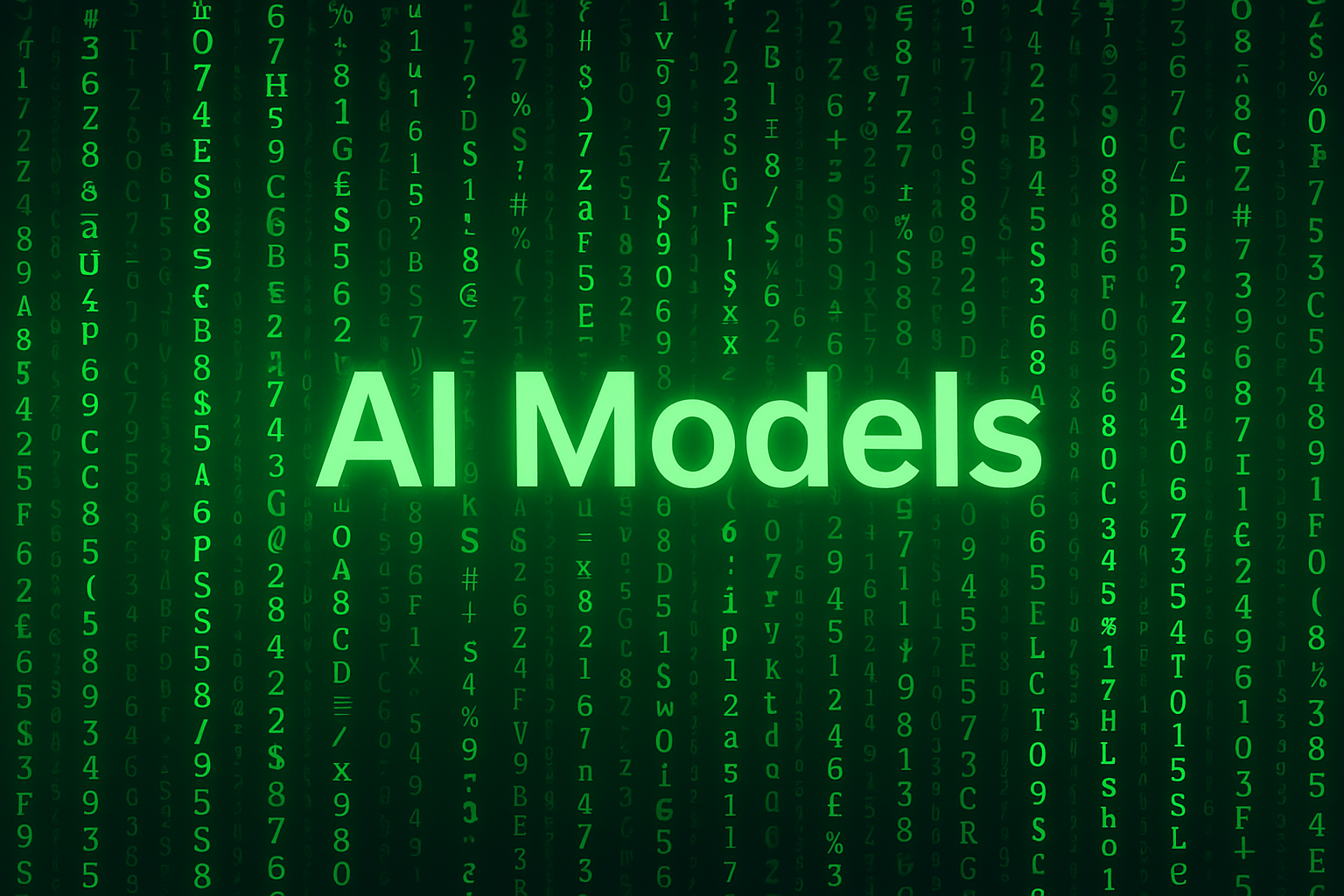
A Comprehensive Overview of AI Models
Artificial Intelligence (AI) models are the engines of modern AI systems – computational frameworks trained on data to recognize patterns, make predictions, or take actions without explicit programming. Over the decades, AI models have evolved from early rule-based expert systems to advanced machine learning and deep learning architectures. Today’s AI models excel at tasks ranging…
-
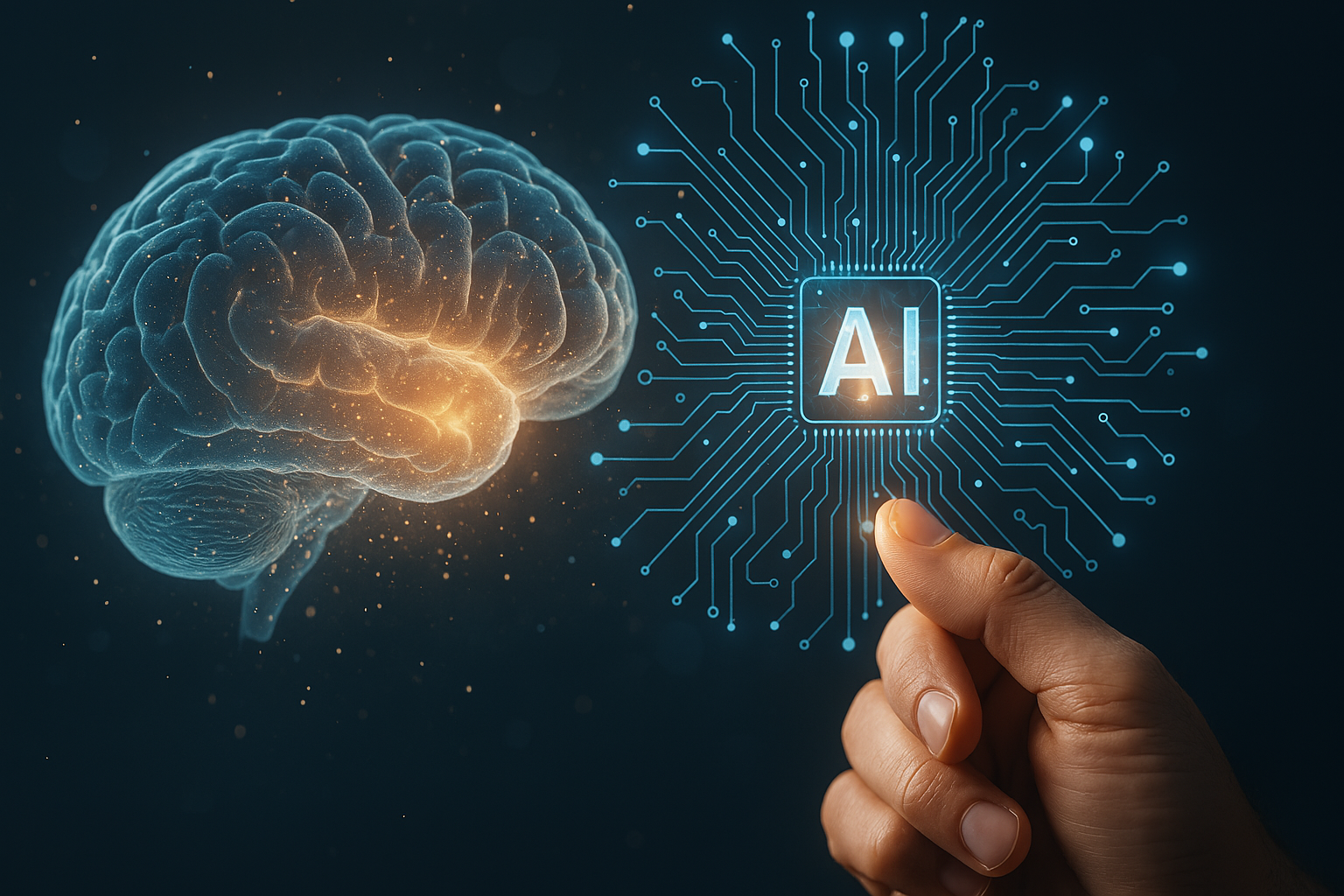
Generative AI
Generative AI refers to a category of artificial intelligence systems capable of creating new content – such as text, images, music, code, or video – that has not been seen before. Unlike traditional discriminative AI models that focus on classifying or predicting based on existing data (e.g. identifying if an image contains a cat), generative…
-
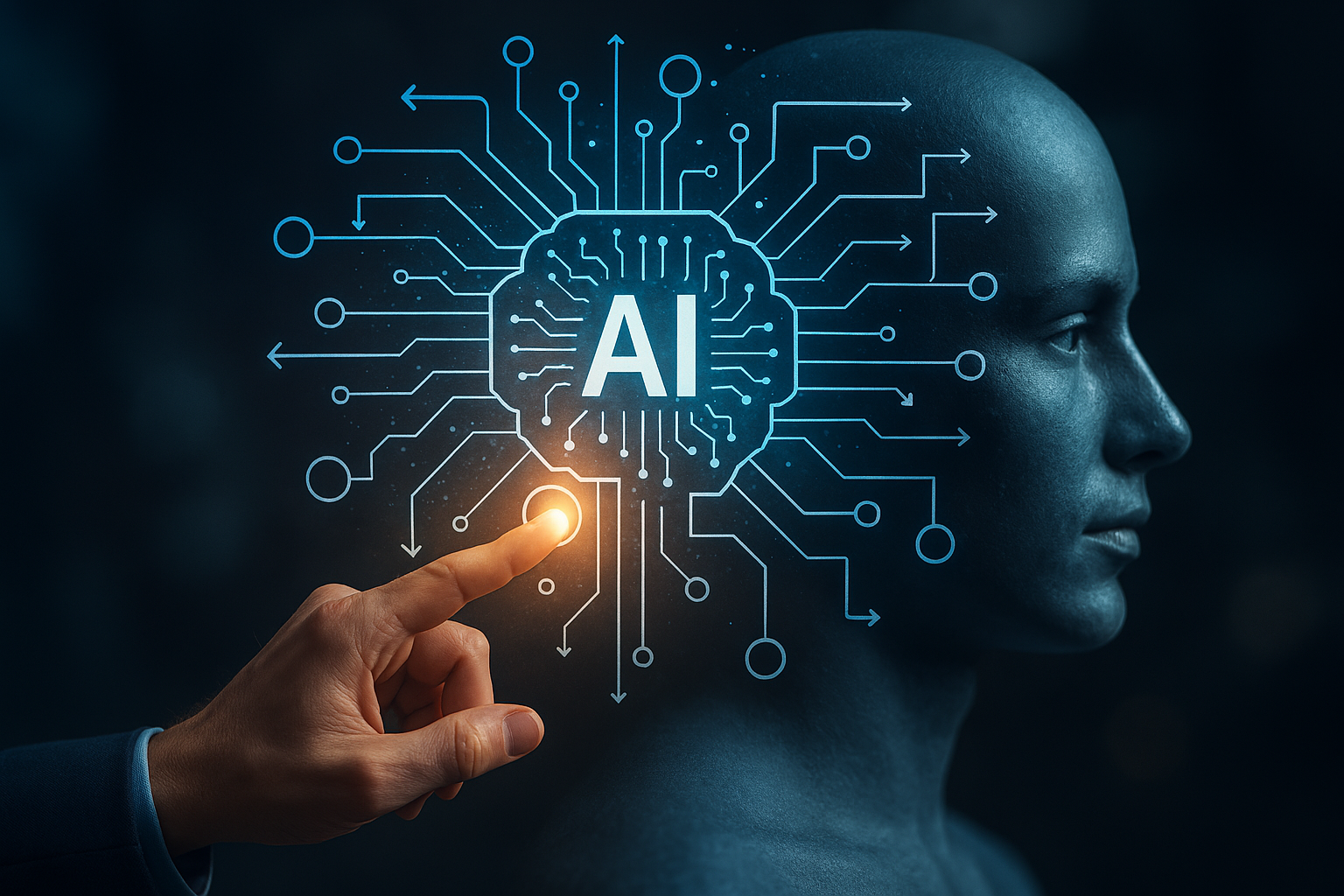
Inference (in AI)
Inference in artificial intelligence (AI) refers to the process by which an AI system draws conclusions or makes decisions based on available information, knowledge, or patterns, especially when facing data it has not seen before. In essence, it is the step where an AI applies what it has learned to new inputs, analogous to a…
